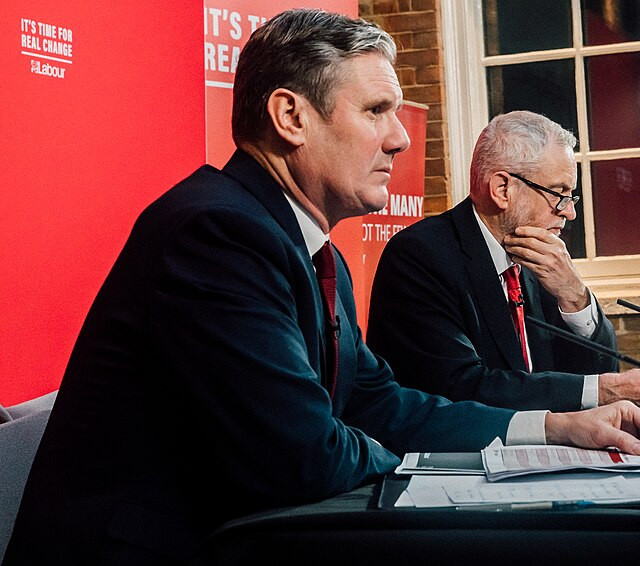Keir Starmer has officially become the new Prime Minister of the United Kingdom following a historic victory for the Labour Party in the general election. The Labour Party's resounding win brings an end to the Conservative Party's long-standing dominance and signals a dramatic shift in British politics. Starmer, who took the helm of the Labour Party in 2020, met with King Charles III on Friday, who authorized him to form a new government.
The Labour Party secured a decisive majority in the House of Commons, winning 412 out of 650 seats. This victory is the largest for Labour since Tony Blair's landslide win in 1997. Starmer's ascension to the premiership ends a 14-year hiatus for Labour and marks the first time the party has held power since 2010.
In his victory speech, Starmer emphasized his commitment to public service and national renewal. "We have to return politics to public service," he stated. "This position comes with great responsibility, and I intend to put country first, party second."
Outgoing Prime Minister Rishi Sunak conceded defeat early Friday morning, acknowledging the "sobering verdict" delivered by the British electorate. "I take responsibility for the loss," Sunak said, addressing the Conservative candidates who lost their seats. "Despite their tireless efforts and dedication, I am sorry."
Sunak, who served as Prime Minister since October 2022, expressed his respect for the democratic process. "Today, power will change hands in a peaceful and orderly manner, with goodwill on all sides. That is something that should give us all confidence in our country's stability and future," he remarked.
The election results represent a significant realignment in British politics. The Conservative Party, which has governed the UK for the majority of the past four decades, was reduced to 121 seats, its worst performance in modern history. High-profile Conservatives, including former Prime Minister Liz Truss and House of Commons leader Penny Mordaunt, lost their seats.
Starmer, who has been criticized for his perceived lack of charisma, has successfully led Labour back to the center of British politics, broadening its voter appeal. His methodical approach and focus on issues like economic stability and public service reform resonated with voters weary of years of Conservative rule marked by economic challenges and political turmoil.
Labour's triumph is also a reflection of the public's desire for change after years of austerity, Brexit upheaval, and a cost-of-living crisis. Starmer has pledged to address these issues head-on, promising a "decade of national renewal." He acknowledges the significant challenges ahead, including restoring public trust in politicians, addressing child poverty, and managing economic growth.
In his first address as Prime Minister, Starmer paid tribute to his predecessor and called for unity. "We need to move forward together," he said. "This huge lack of trust in politics can only be healed by actions, not words. I know that, but we can make a start today."
Starmer's pragmatic approach and centrist policies have drawn criticism from both the left and right. He has faced backlash for backtracking on pledges like increasing income tax and nationalizing public services. Despite this, his focus on practical, achievable goals has helped Labour regain credibility and appeal to a broader electorate.
Looking ahead, Starmer will need to navigate the complexities of both domestic and international politics. His government is expected to prioritize issues such as tax reform, NHS improvements, and enhanced relations with the European Union. He has also expressed admiration for President Joe Biden's focus on job creation and industrial investment, hinting at a potential close relationship with the current U.S. administration.
However, the future of U.S.-U.K. relations remains uncertain with the upcoming American presidential election. Starmer's approach to foreign policy will be crucial in maintaining the "special relationship" between the two nations, regardless of the outcome of the U.S. election.




